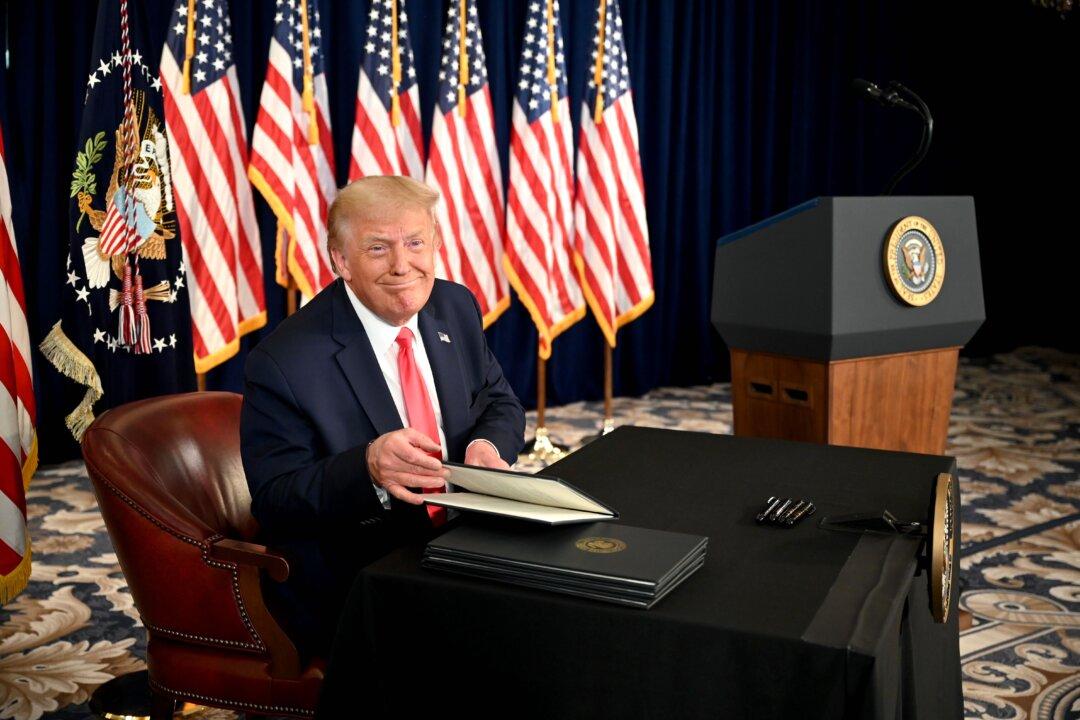Forty-eight states have been approved for President Donald Trump’s enhanced unemployment payments, created through Trump’s Aug. 8 executive order, called the Lost Wages Supplemental Payment Assistance program.
While state officials across the United States grumbled over details of the program, every state but one applied for the enhanced payments.





